YnNi Teg’s Karen Smith explains how their new Project NUR is changing the image of community energy.
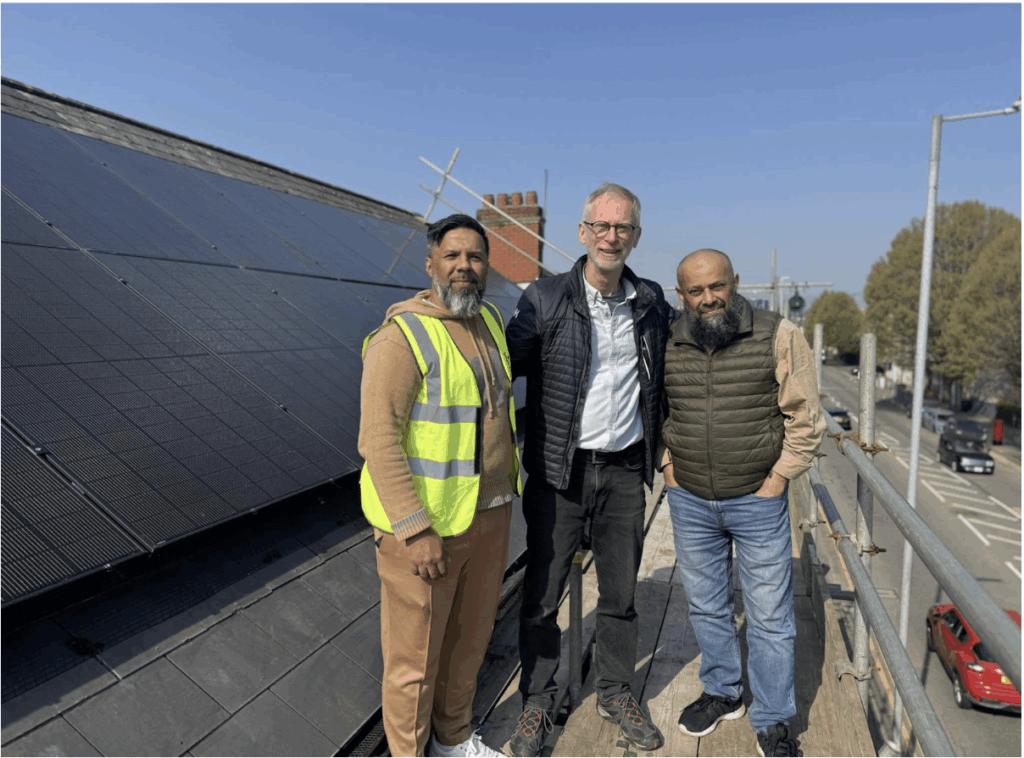

YnNi Teg’s Karen Smith explains how their new Project NUR is changing the image of community energy.
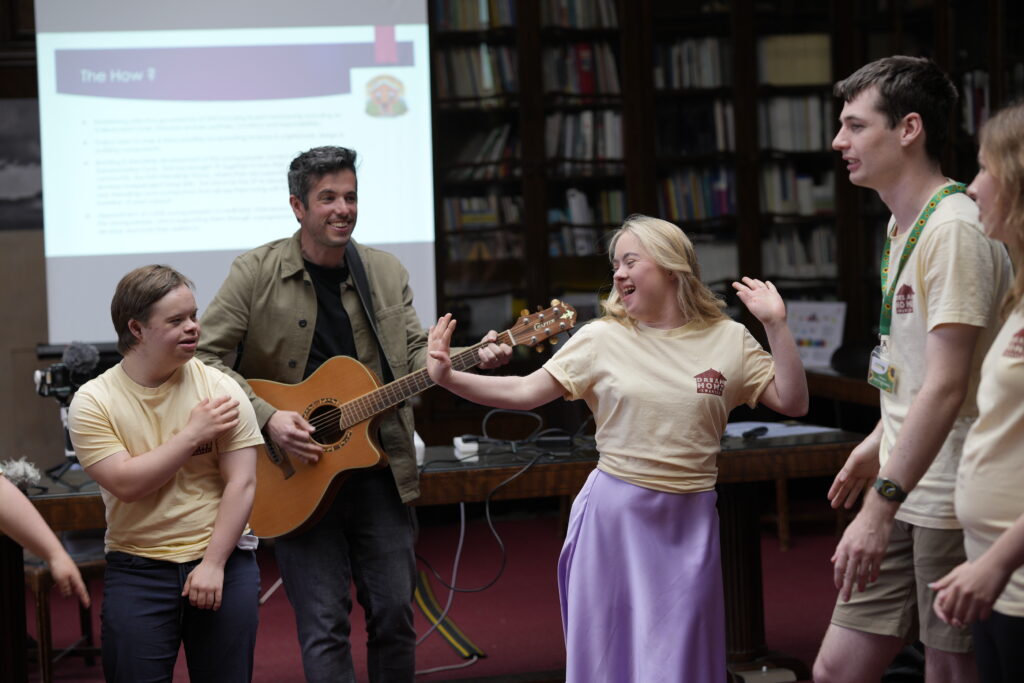
Cwmpas held its Communities Creating Homes conference at the beginning of May. The event, held at the Temple of Peace, Cardiff, celebrated the progress made so far with community-led housing in Wales and also discussed future challenges and opportunities.
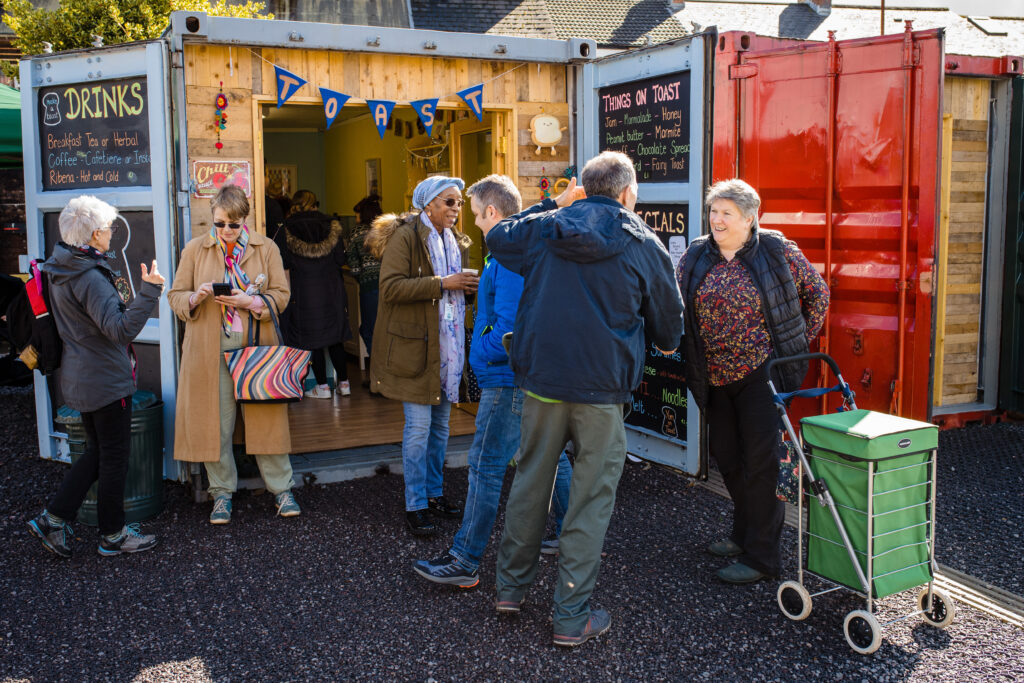
Beyond green consumerism, Heledd Williams outlines a vision for what a green economy based on communal values could look like in Wales.
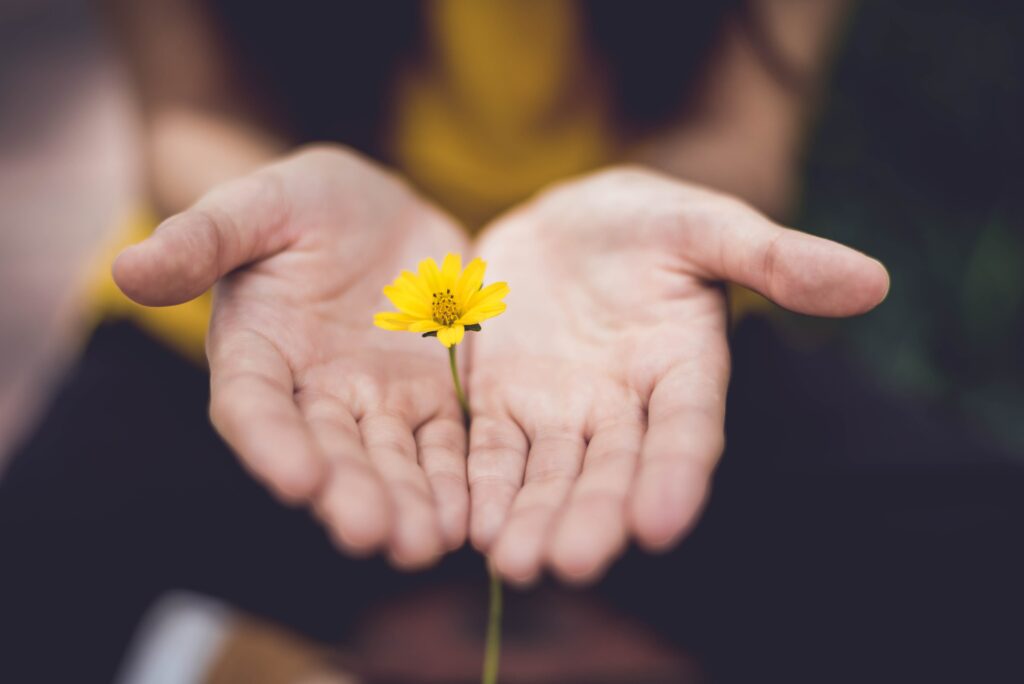
Donna Coyle explains why social value has a huge part to play in social care and can have a transformational impact on people’s lives.
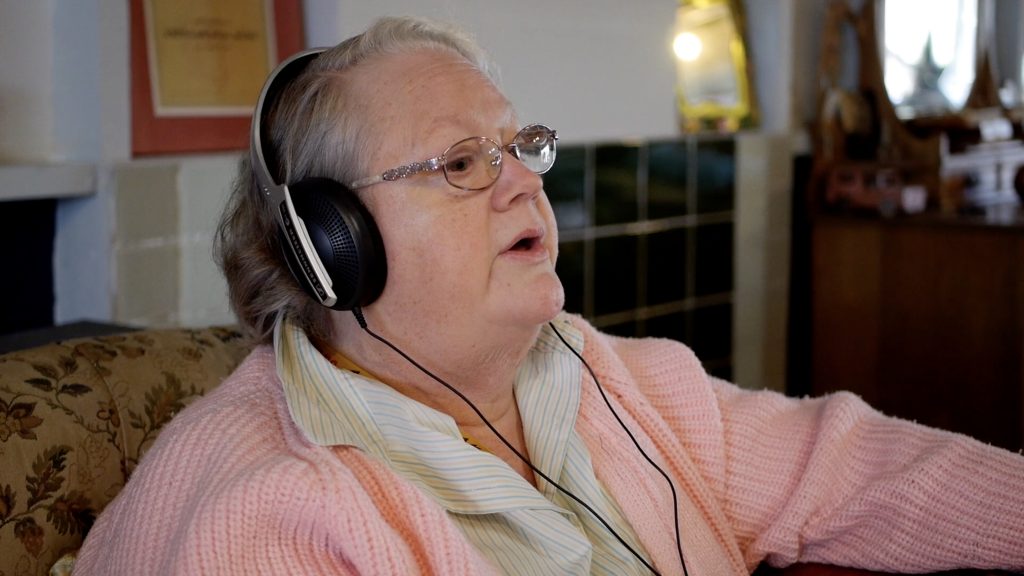
Rosie Dow calls for a more straightforward approach to funding for arts and health innovation projects that will enable them to flourish.
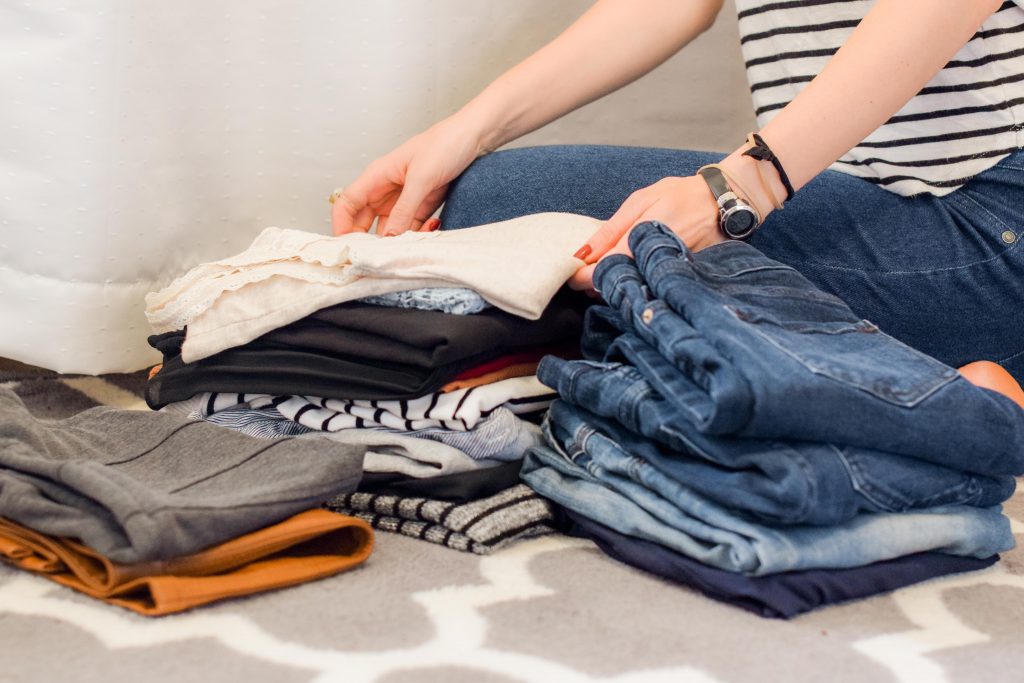
Caroline Gregory argues that clear messaging about appropriate aid should be accompanied by removing barriers to volunteering.
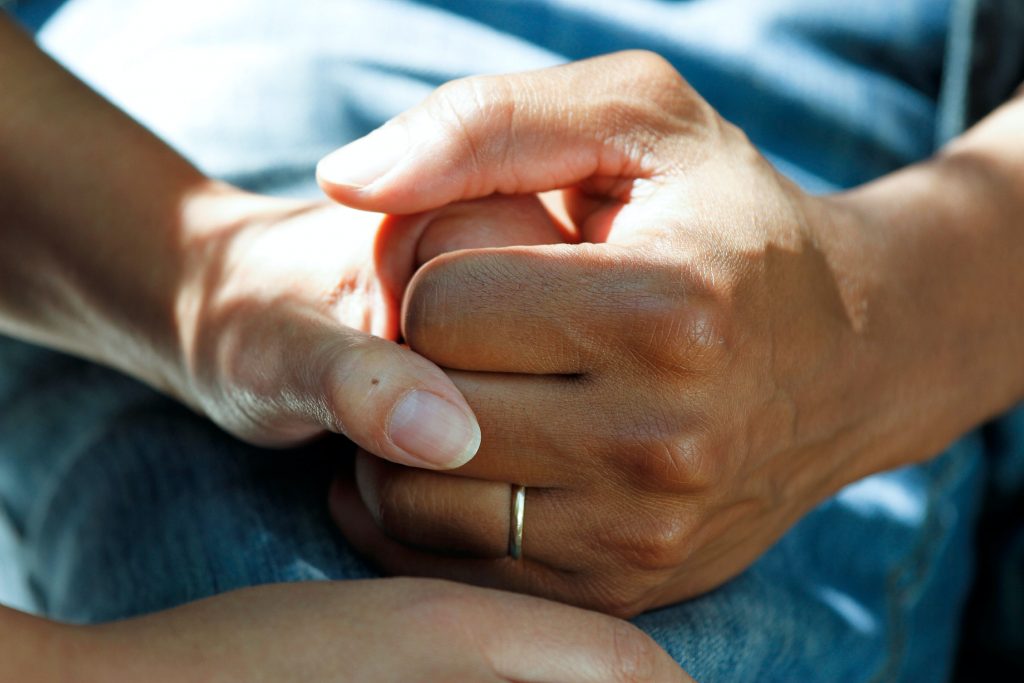
Matthew Brindley argues we must end the postcode lottery of palliative care, and improve services to people requiring it at home.
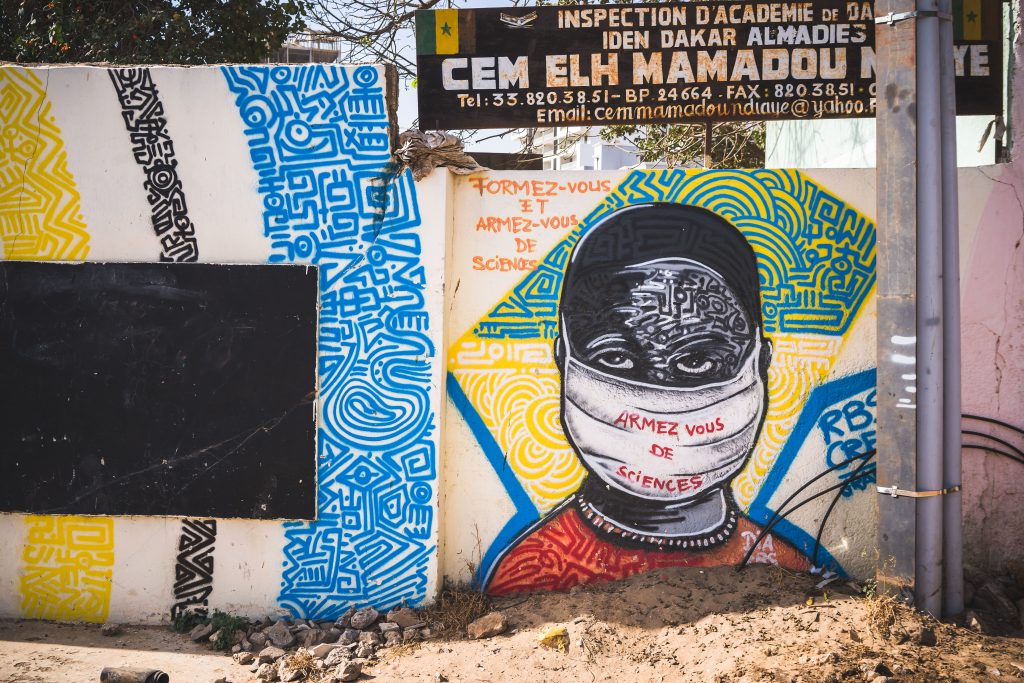
A new exhibition focused on West Africa highlights the impact of Covid on our sense of community, two years into the pandemic.
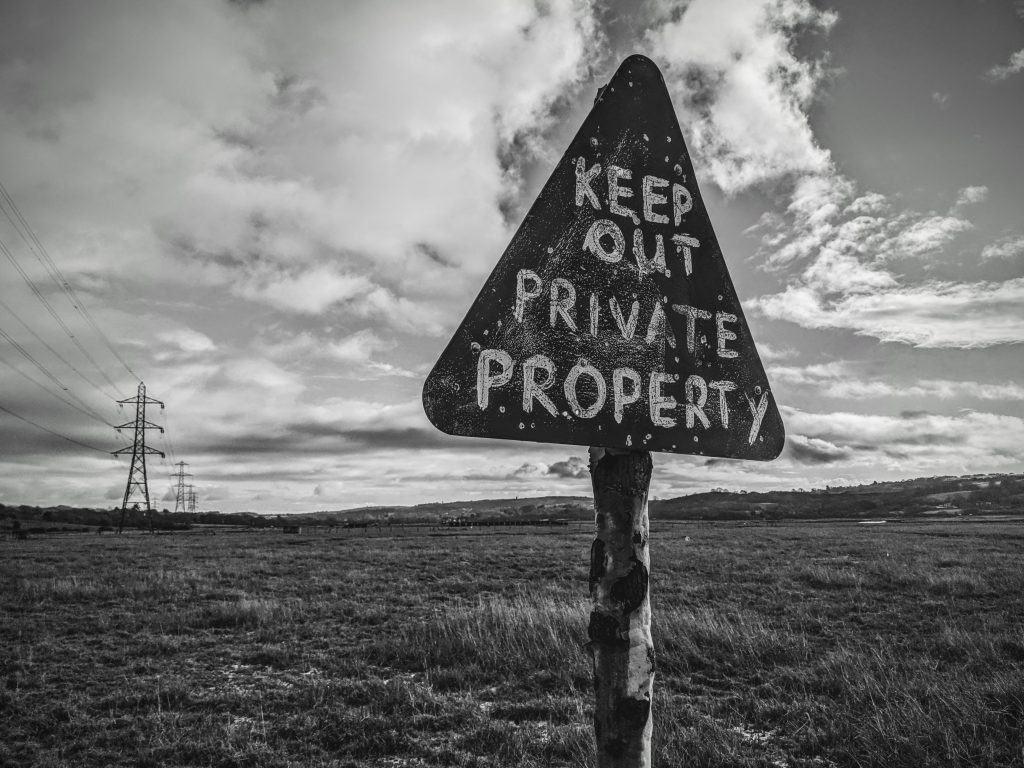
Sioned Haf introduces Who Owns Wales / Pwy Bia Cymru, a research project to make information about land ownership in Wales accessible.